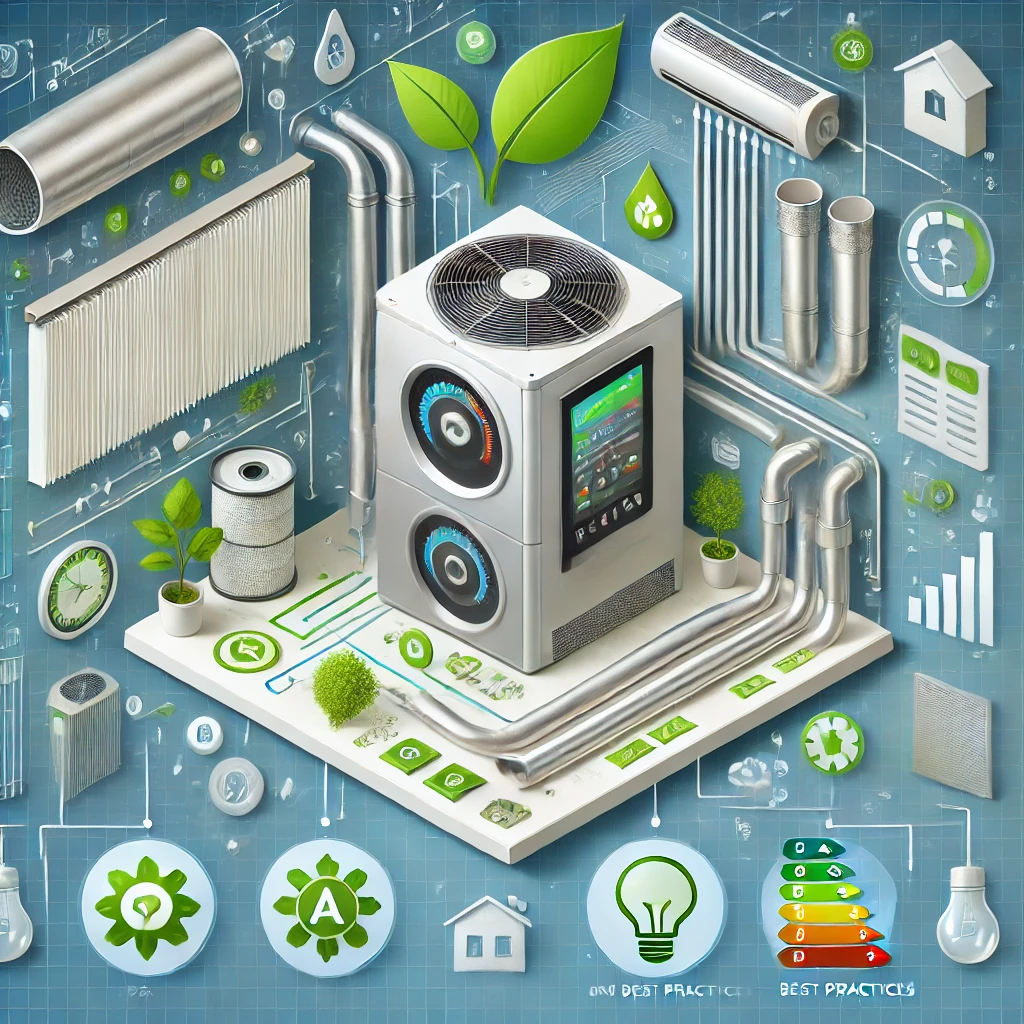Reducing High Utility Bills: Energy-Saving Tips for Businesses

High utility bills can significantly impact a business's bottom line. Implementing energy-saving measures can help reduce these costs while also contributing to a more sustainable environment. This blog post provides practical tips for businesses to save energy and lower utility bills.
Energy-Saving Tips for Businesses
1. Conduct an Energy Audit
Importance
An energy audit helps identify areas where your business is using more energy than necessary and provides recommendations for improvements.
Steps
- Hire a Professional: Consider hiring an energy consultant to perform a comprehensive audit.
- DIY Audit: Use online tools and resources to conduct a basic energy audit yourself.
2. Upgrade Lighting
Importance
Lighting is a significant component of energy use in commercial buildings. Upgrading to energy-efficient lighting can result in substantial savings.
Steps
- Switch to LED Bulbs: Replace incandescent and fluorescent bulbs with LED bulbs.
- Install Motion Sensors: Use motion sensors and timers to ensure lights are only on when needed.
3. Optimize HVAC Systems
Importance
Heating, ventilation, and air conditioning (HVAC) systems consume a large portion of energy in commercial buildings.
Steps
- Regular Maintenance: Schedule regular maintenance to ensure HVAC systems are running efficiently.
- Upgrade Systems: Consider upgrading to energy-efficient HVAC systems.
- Use Programmable Thermostats: Install programmable thermostats to optimize heating and cooling schedules.
4. Implement Energy-Efficient Practices
Importance
Simple changes in daily operations can lead to significant energy savings.
Steps
- Power Down Equipment: Turn off computers, printers, and other equipment when not in use.
- Use Energy-Saving Settings: Enable energy-saving settings on office equipment.
- Educate Employees: Encourage employees to adopt energy-saving habits, such as shutting down computers at the end of the day.

5. Improve Building Insulation
Importance
Proper insulation reduces the need for heating and cooling, leading to lower energy bills.
Steps
- Inspect Insulation: Check the insulation in walls, ceilings, and floors.
- Add Insulation: Add or replace insulation in areas that are under-insulated.
6. Utilize Renewable Energy
Importance
Renewable energy sources can significantly reduce utility bills and contribute to sustainability goals.
Steps
- Install Solar Panels: Consider installing solar panels to generate your own electricity.
- Explore Renewable Energy Plans: Check with your utility provider for renewable energy plans.
7. Monitor Energy Use
Importance
Monitoring energy use helps identify trends and areas for improvement.
Steps
- Use Energy Management Systems: Implement energy management systems to monitor and control energy use.
- Analyze Data Regularly: Regularly review energy usage data to identify opportunities for savings.
Conclusion
Reducing high utility bills requires a combination of energy-efficient practices, regular maintenance, and investments in modern technologies. By conducting energy audits, upgrading lighting and HVAC systems, implementing energy-saving practices, improving insulation, utilizing renewable energy, and monitoring energy use, businesses can significantly reduce their energy costs and contribute to a more sustainable future.
Category:


